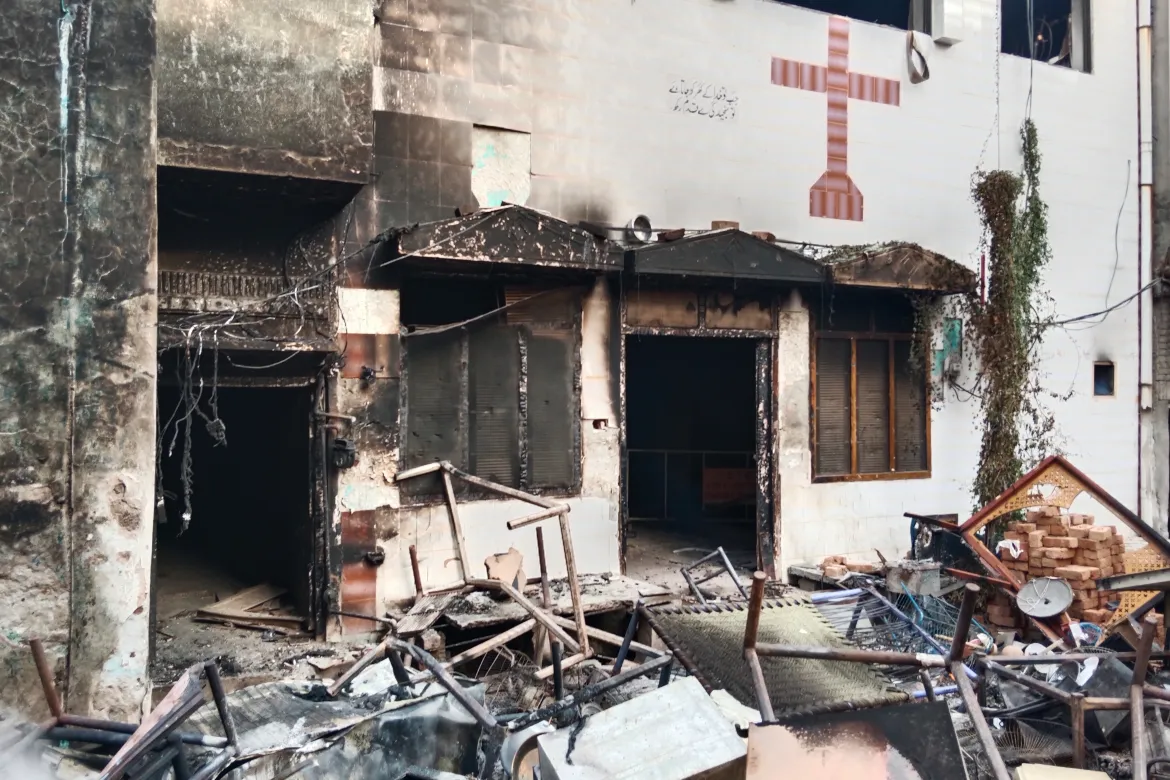MPAC Human Security Campaign for Pakistan
Pakistan is a major Muslim-majority ally of the United States. It has historically played a significant role in peace and security for the American people, from establishing a front against Communism forged by the Soviet Union after World War II, including the Soviet invasion of Afghanistan in 1979, to countering both Muslim and Hindu extremism in the region after 9/11.
Today, Pakistan finds itself in a difficult position, as it must simultaneously address the issue of religious extremism within its borders while also facing the challenge of anti-Muslim animus emanating from India’s ruling government, the Bharatiya Janata Party (BJP).
Although Pakistan has historically been a national security asset for the U.S. government, its people have not benefited from the peace dividends after the Cold War nor the defeat of Al Qaeda and ISIS. It is time to change the U.S. orientation towards Pakistan from a military-centric relationship to a human-centric one, i.e. defending the freedom of the people of Pakistan. Human security prioritizes the needs and perspectives of human beings.
It is necessary for the United States to embrace a human-centric approach toward Pakistan as it impacts both our foreign and domestic policies that affect Muslims. Pakistan has the ability to serve as a valuable ally for America to revamp its image in the Muslim world, particularly in countries where diplomatic relations are either turbulent or non-existent. America can effectively rebrand itself and establish a positive presence in the region, especially given China’s increasing influence in the country.
MPAC will lead an advocacy campaign to achieve that objective through the following:
- Rethink the United States’ military-centric, foreign policy approach to Pakistan towards one that is human-centric. Security and counterterrorism will remain integral to the United States-Pakistan relationship given Pakistan’s strategic geographical location and its nuclear capabilities. However, any long-lasting alliance must be based on a more robust people-to-people/human-centric approach to security including greater economic cooperation.
- Engage government organizations and think tanks that MPAC already has access to, including the National Security Council, the Department of State, the Department of Defense, and all security agencies, on the importance of forefronting a human-centric approach to Pakistan.
- Establish an American Muslim constituency encompassing the American Pakistani community to promote MPAC’s initiative for the U.S. government to adopt a human-centric approach toward Pakistan.
- Initiate grass-roots diplomacy to buttress government diplomacy, bridging the gap between governments and civil society organizations by engaging various stakeholders to improve the image of Muslims by breaking stereotypes and misconceptions.
- Underscore the intersectionality between foreign and domestic policy. The U.S.’s inconsistent foreign policy toward Pakistan and other Muslim-majority countries has further created a negative image of America within South Asia and the Muslim world, consequently exacerbating anti-American sentiment, and simultaneously negatively impacting the image of Muslims in America.
- Utilize South Asia expertise on the strategic importance of Pakistan as it relates to peace and security abroad and countering Islamophobia. Through MPAC-sponsored educational forums, policy papers, and factsheets, as well as congressional hearings on Pakistan— informing government organizations of how their policies are both negatively and positively impacting perceptions in the region.
- Forge partnerships between U.S. academic and Pakistani educational institutions.
- Promote socio-economic development, enhance livelihoods, increase opportunities, and provide opportunities to the people of Pakistan, especially youth from marginalized ethnic groups.
- Counter extremism particularly hate speech, misinformation, and disinformation on social media platforms that enable sectarian divides.
